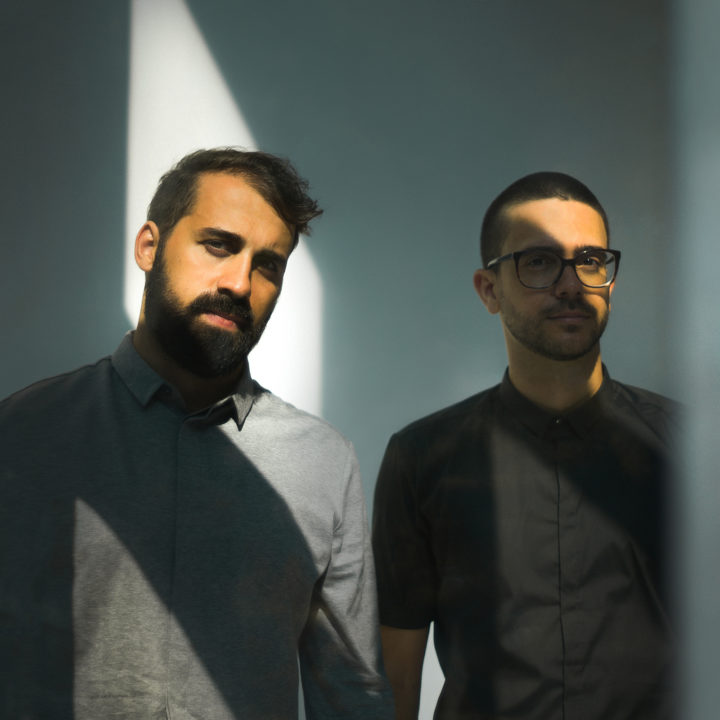Grandbrothers
Biography
There’s a celebrated John Cage quote that’s always appealed to Erol Sarp, one half of Düsseldorf’s Grandbrothers: “I can't understand why people are frightened of new ideas. I'm frightened of the old ones.” It’s a sentiment ideally suited to Sarp’s work with his musical partner, Lukas Vogel. The duo has consistently tried to find fresh ways, aesthetically and practically, to compose. Grandbrothers are the sum of unique parts: Progressive Swiss engineer/mechanic/sofware designer Vogel and German-Turkish pianist Sarp. Their second album ‘Open' twins Sarp’s piano skills with Vogel’s talent for both building the formidably intricate mechanics with which he exploits his partner’s instrument and also designing its software. Sarp works at his ivory keyboard while, from behind his own computer keys, Vogel live-samples his partner’s notes, triggering further effects with the aid of homemade apparatus that physically manipulate the piano’s strings and body. “There are hammers I control,” he explains, “which hit different parts to make beats and percussive patterns. In the beginning, I just used an open circuit board I’d constructed without a proper case. It was very fragile and often didn't work. We always had a soldering-iron when we played live.”
Their ambitious second album ‘Open' explores dimensions at which their debut ‘Dilation' only hinted. The greatest revelation for anyone hearing them the first time remains the element constant to everything they’ve recorded: every individual sound that Grandbrothers make stems from one single instrument, a piano. No wonder their music was once memorably described as “open heart surgery on a grand.”
Open represents a significant leap forward for the duo, both musically and technically. “The songs have progressed a lot,” Sarp argues. Part of this is down to Vogel’s constant fine-tuning, and restless reinvention, of the systems he builds. “The main mechanical element remains the same,” he elaborates, “but now I use more powerful effects, like distortion and bit-crushing, so everything’s become denser. The most interesting change is that we’ve built elements we call bows, which oscillate the strings, without touching them, with an electromagnetic field. It’s the same principle as an E-Bow, but it has to be far more powerful because the piano strings are much thicker and stiffer.” For Sarp, such innovation is now par for the course: “Lukas is always coming up with new stuff he’s developed,” he smiles. “As soon as our setup is stable, he seems to get bored and needs to have a new challenge to keep things exciting...!”
Suggestions that Grandbrothers are part of the burgeoning, so-called ‘neo-classical’ movement might seem reasonable, but, the duo argue, they’re also off the mark. As Sarp points out, “Just because we use the same instrument doesn’t mean that it’s the same music. We always think about what physical impact the songs can have on the audience, for instance whether they can dance to them. We don’t only make music for listening to, after all. The best thing would be to play a Philharmonic Hall in the evening, and then a club later that night.”
“What makes things work,” Vogel concludes, “is that we are such different personalities, with different skills, which fit together so well.” Sarp concurs: “Our music comes from a mixture of really intense analysis and simply doing things. I can calm him down, and he can incite me. He’s not just a colleague, but one of my closest friends.” Such synergy – born of an innate understanding and intuition, personally and musically – can be heard throughout Grandbrothers’ technically innovative, thrillingly distinctive work: two ingenious minds, perfectly in tune, relentlessly exploring new ideas. There’s nothing to be afraid of. Keep your mind Open.
Tour Dates
Releases
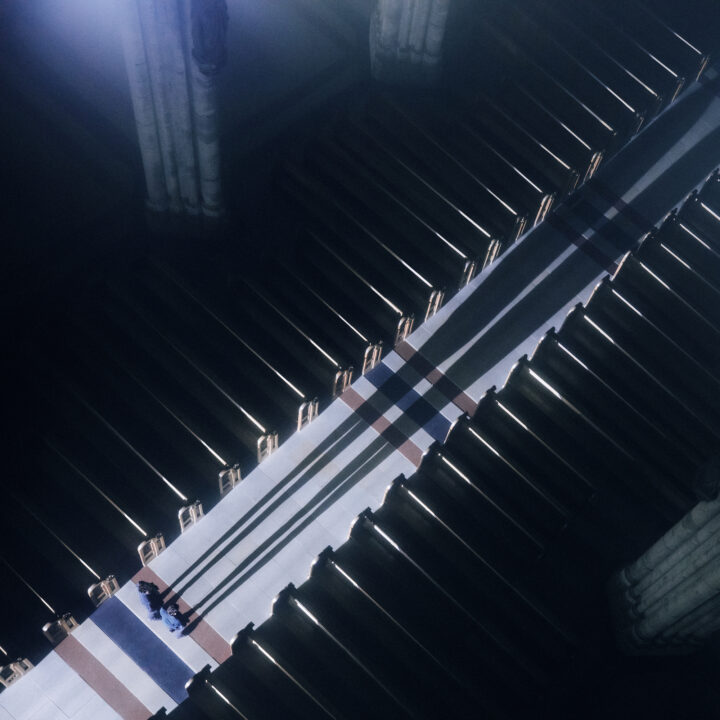
Grandbrothers
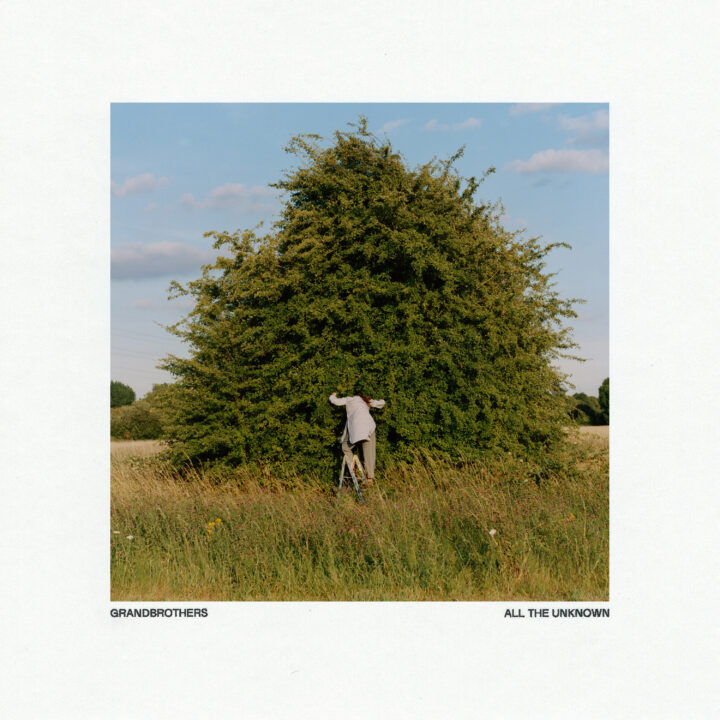
Grandbrothers
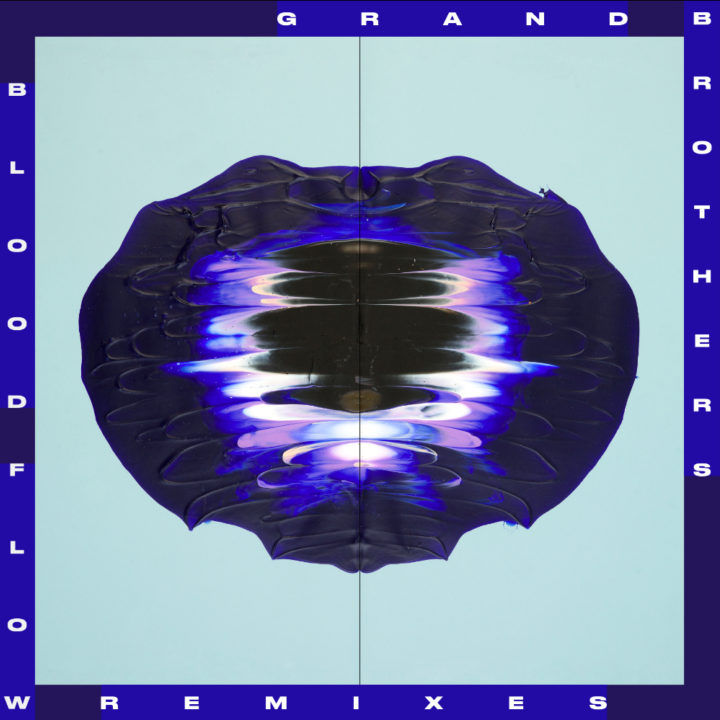
Grandbrothers
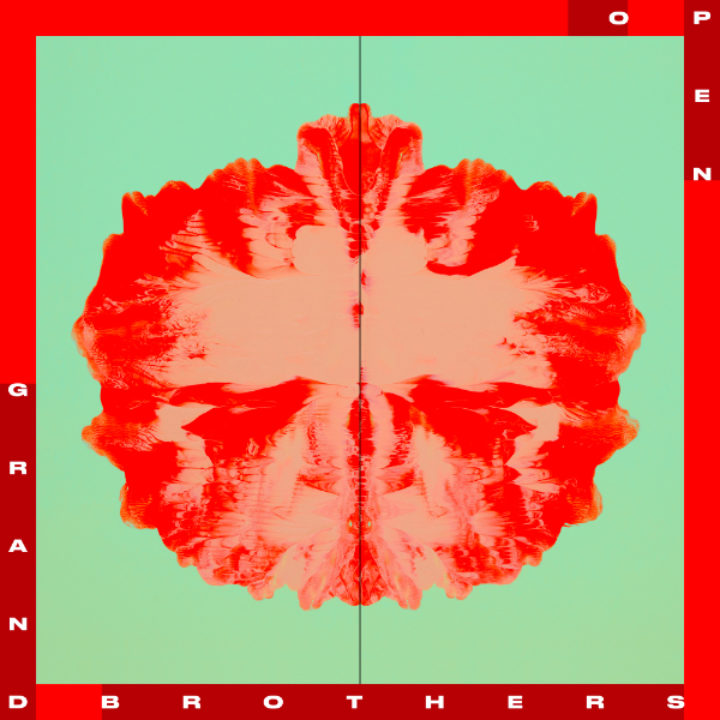
Grandbrothers

